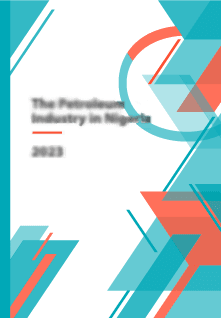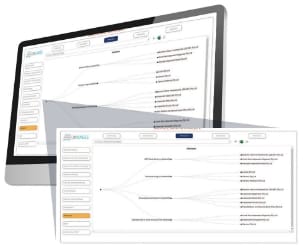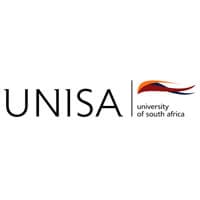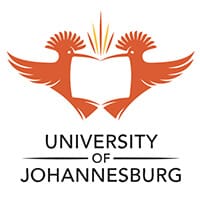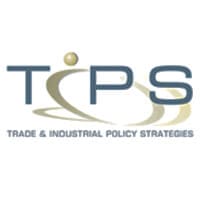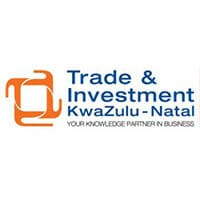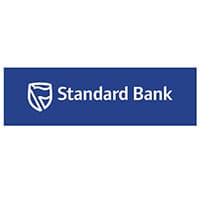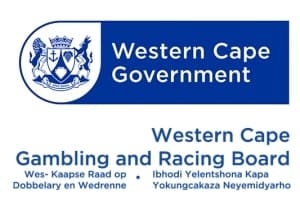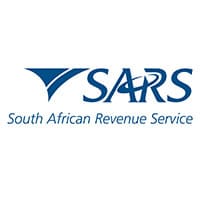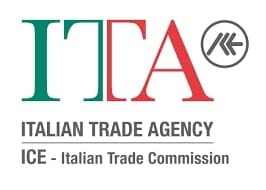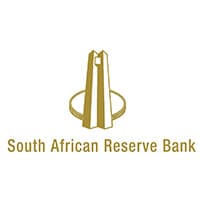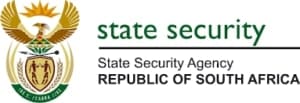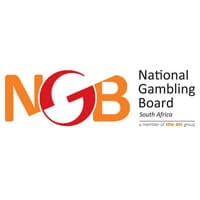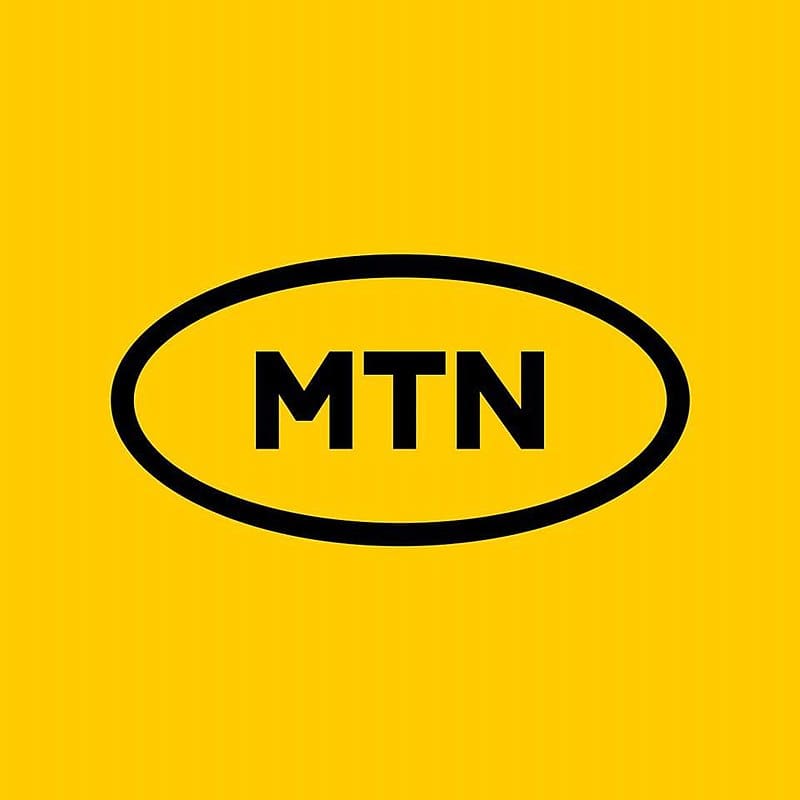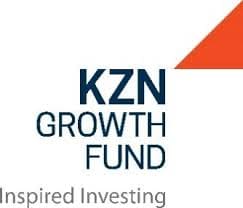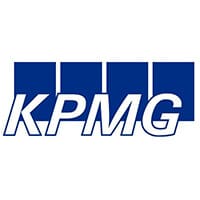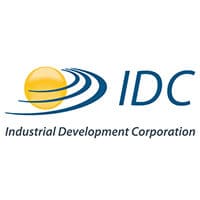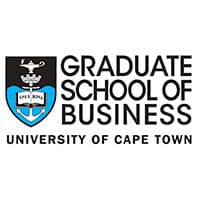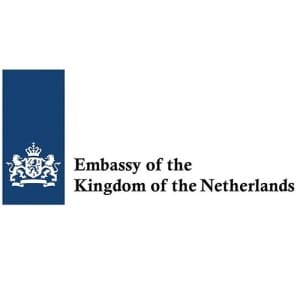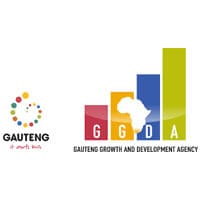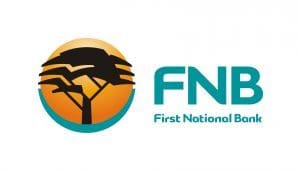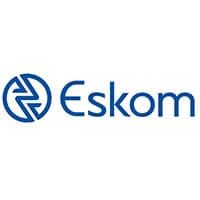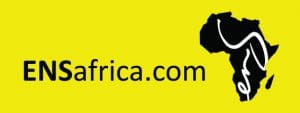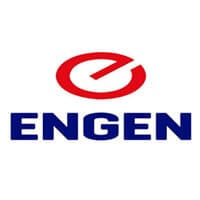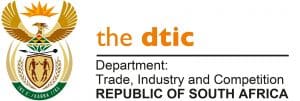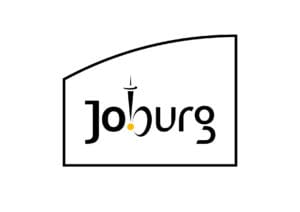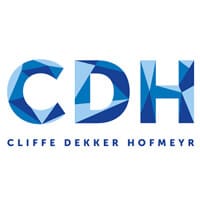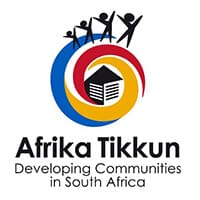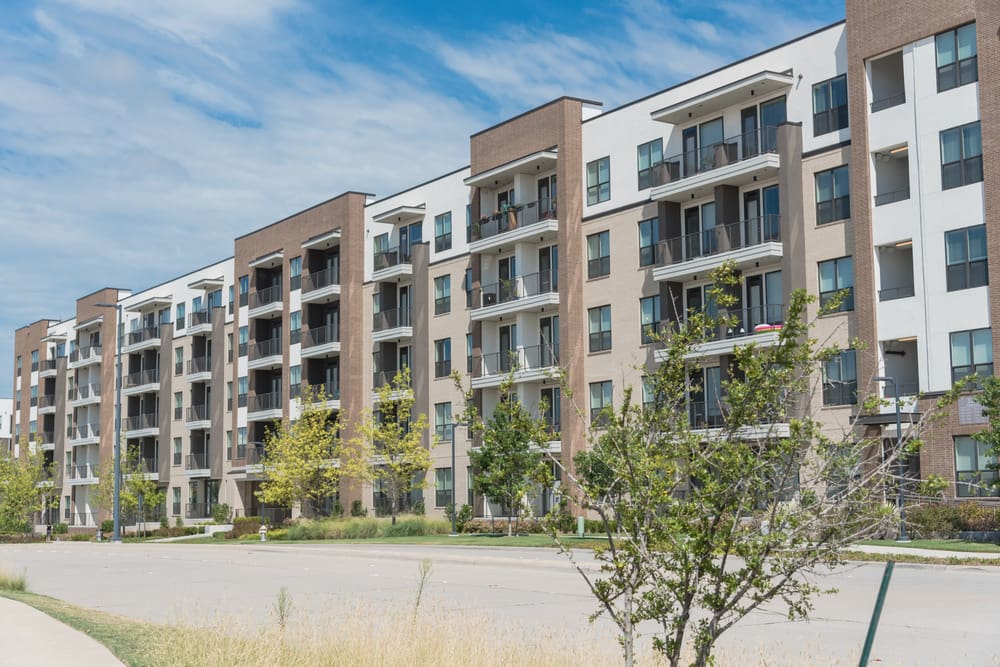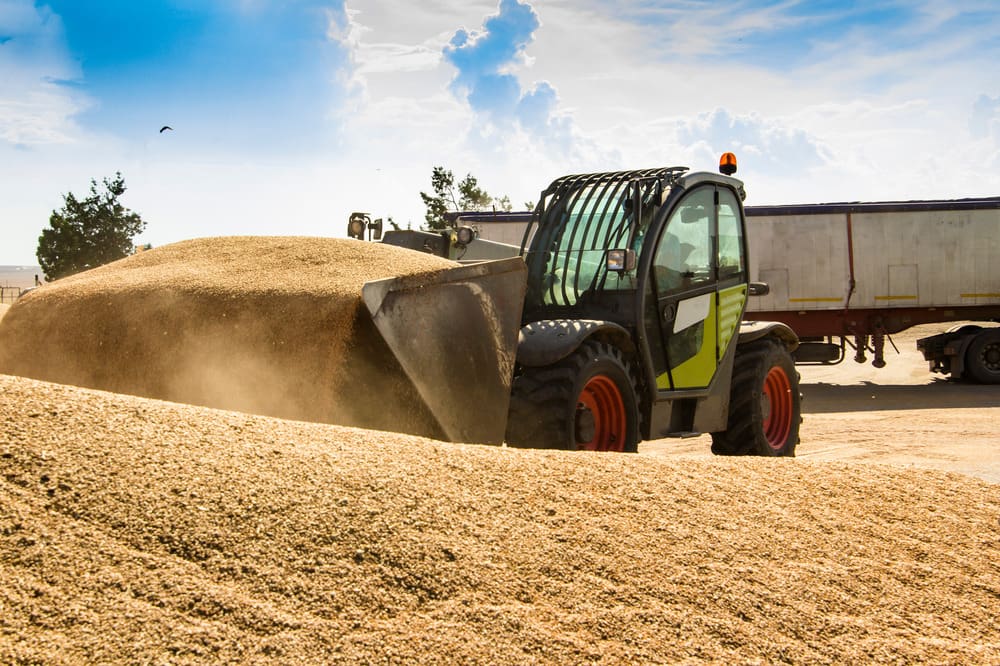Trusted by leading brands

Who Are We
Who Owns Whom
Who Owns Whom (WOW) was established in 1980 as an independent organisation producing high quality, original research on African industry and business.
Our Solutions
WOW solutions inform key business functions
Market Intelligence and Strategy
Gain valuable insight into target industries, new opportunities and understand potential vertical and horizontal expansion opportunities.
Know Your Customer/Supplier
Corroborate information supplied by customers, prospective customers and suppliers.
Compliance and Risk
Independent third-party corroboration of ownership and statutory information
M&A, FDI and Private Equity
Identify, understand and monitor investment changes and opportunities across the African continent.
Learning Solutions
Use industry reports as a basis for an analysis of key success factors, pain points and competitive landscape of African industries.
Media
Most recent articles
BlogCountries South AfricaTransportation and storage
The Motor Vehicle Industry in South Africa: Challenges, Prospects and Opportunities
Contents [hide]Motor industries across the globe are driven by innovation. South Africa’s motor industry is actively pursuing innovation initiatives to remain competitive. A good example is the partnership between the...
BlogCountries South AfricaTransportation and storage
Africa’s Ports and Harbours: Driving Trade and Growth Across the Continent
Contents [hide] Ports and harbours have evolved from the days when they merchants would display their crafts and fishermen would bring their daily catch, socialise over coffee and exchange their...
BlogCountries Accommodation and food service activitiesSouth Africa
Trends, challenges and opportunity in the South African liquor Industry
Contents [hide] The liquor industry, like the tobacco industry, has been a prime target for raising taxes (with little resistance from the public) and restrictive advertising rules. The country imposes...
BlogCountries Agriculture forestry and fishingBotswana
Agribusiness in Botswana – the way forward after elections
Contents [hide] Botswana, a country that is often celebrated as one of Africa’s most stable democracies, has been characterised by consistent economic growth driven by diamond mining, sound fiscal management,...
BlogCountries South AfricaWater supply sewerage waste management and remediation activities
South Africa’s Solid Waste Crisis: Challenges and Opportunities
Contents [hide] Most of the approximately 125 million tonnes of solid waste generated in South Africa annually ends up in landfill sites. This should be of concern to all the...
BlogCountries Mining and quarryingSouth Africa
The Role of Service Activities in South Africa’s Mineral Sector
Contents [hide] The mining industry has long been a cornerstone of South Africa’s economy, with associated services being essential and critical in the value chain. The WOW report on services...
Accommodation and food service activitiesSouth Africa
Accommodation – a pillar of the tourism industry
Read MoreInformation and communicationSouth Africa
The Impact of streaming on music industry earnings in South Africa
Read More
